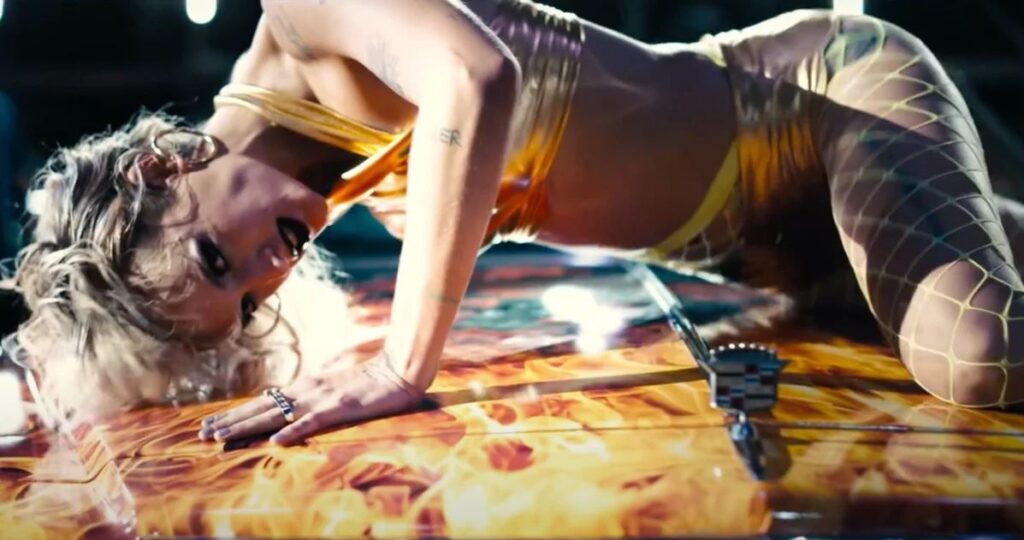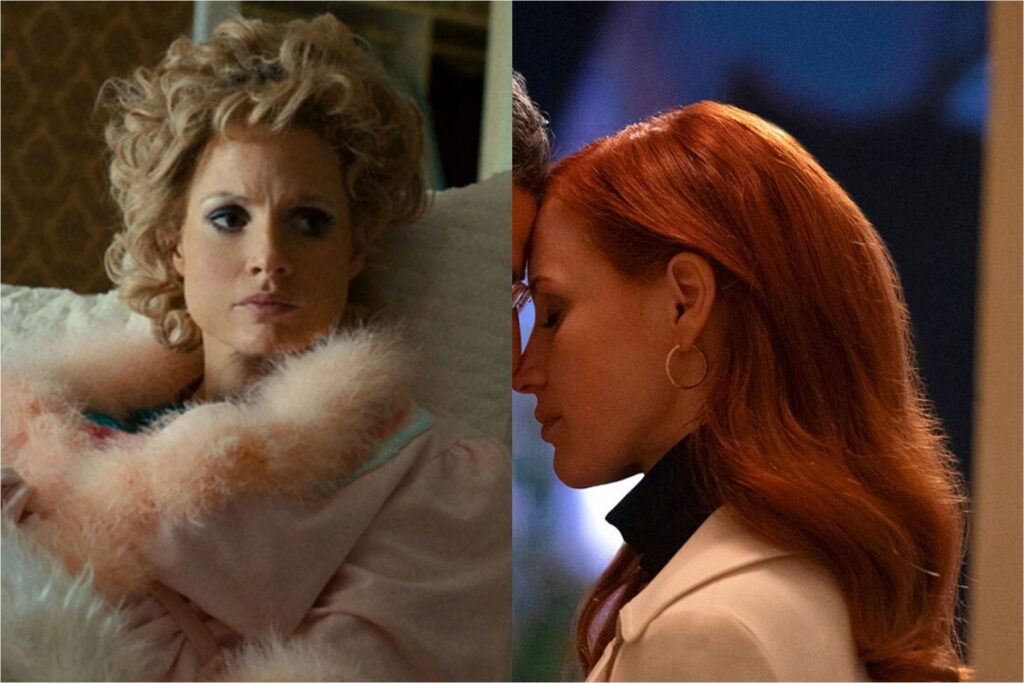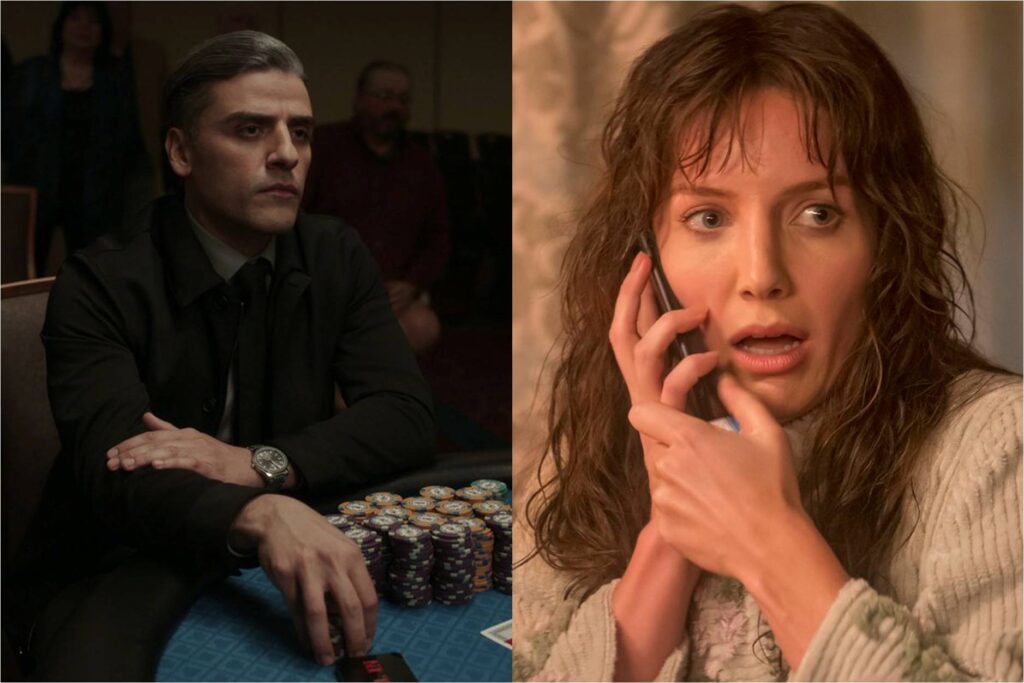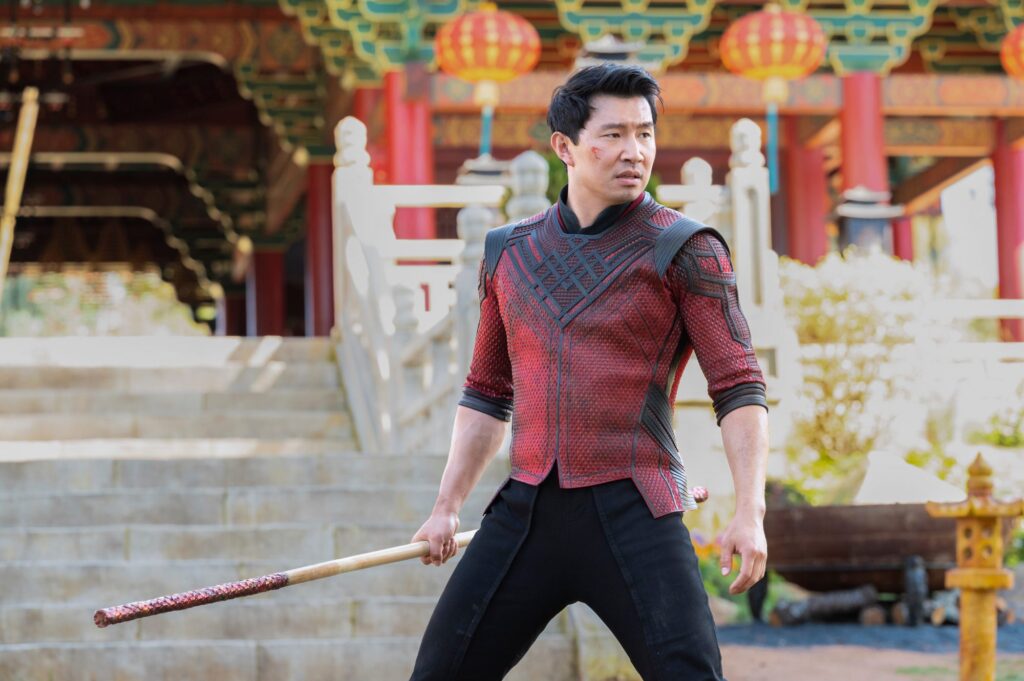No Time to Die: Do You Expect Me to Squawk? No, It Expects You to Cry
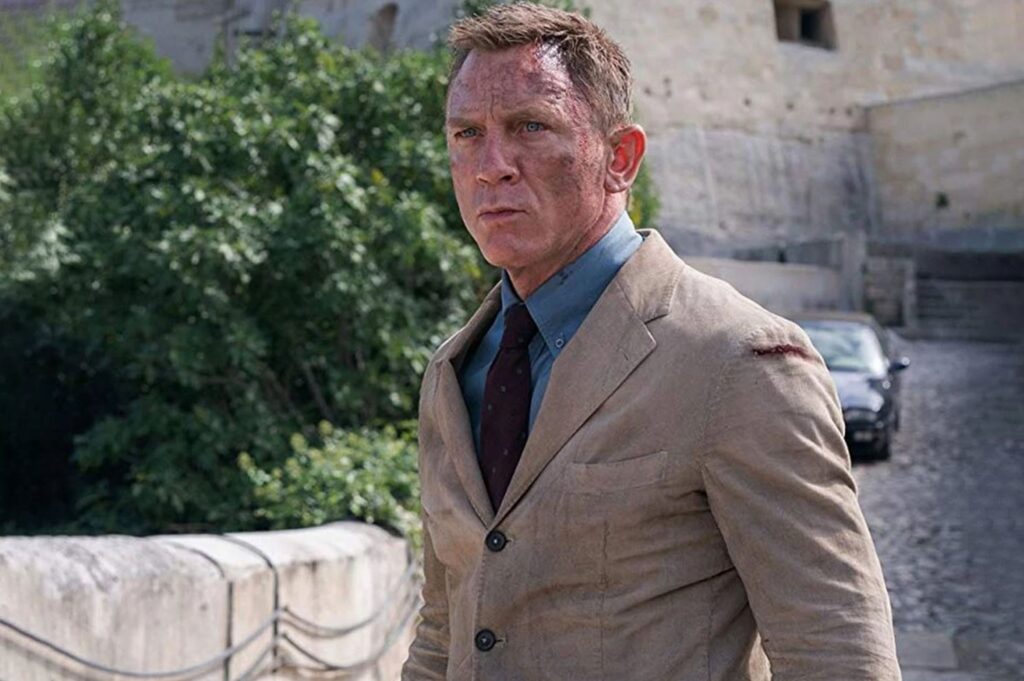
The pandemic may have delayed James Bond, but can James Bond defeat a pandemic? It’s a piece of unnerving cinematic kismet that No Time to Die, the fifth and final entry starring Daniel Craig as everyone’s favorite martini-drinking secret agent, finds the erstwhile 007 racing to stop the release of a deadly bioweapon. Originally set for release in April 2020 (ha!) before being postponed roughly 35 different times over the past 18 months, this latest depiction of Ian Fleming’s tuxedoed superspy has suffered gravely on its bumpy journey to the multiplex, so much so that its fictional threat—mass distribution of airborne toxins—seems both eerily prescient (the script was completed well before COVID-19’s arrival) and oddly quaint. When compared with widespread vaccine obstinacy, performative litigation over mask mandates, and right-wing disinformation campaigns, how dangerous can a single supervillain really be?
But nobody watches a James Bond flick for the plot; it’s the man with the golden puns we’re after. Every new 007 develops his own signature—the pithy charm of Sean Connery, the jocular cheese of Roger Moore, the arch distance of Pierce Brosnan—and the Craig era has been defined by a brooding intensity that mingles, sometimes productively and sometimes awkwardly, with an emotional vulnerability. The first blond Bond has always been a capable puncher and competent quipper, but his legacy is the sting of loss that lingers over his romantic entanglements; what were once male-gaze rituals of masculine conquest and feminine adoration became, in the new millennium, something resembling genuine, mutual relationships. As the capstone to Craig’s decade-and-a-half term of service in the role of 007, No Time to Die strives to marry the franchise’s more traditional elements—the gadgets and the globe-trotting, the brutes and the babes—with its newfound sensibility of heartache and regret. Read More

